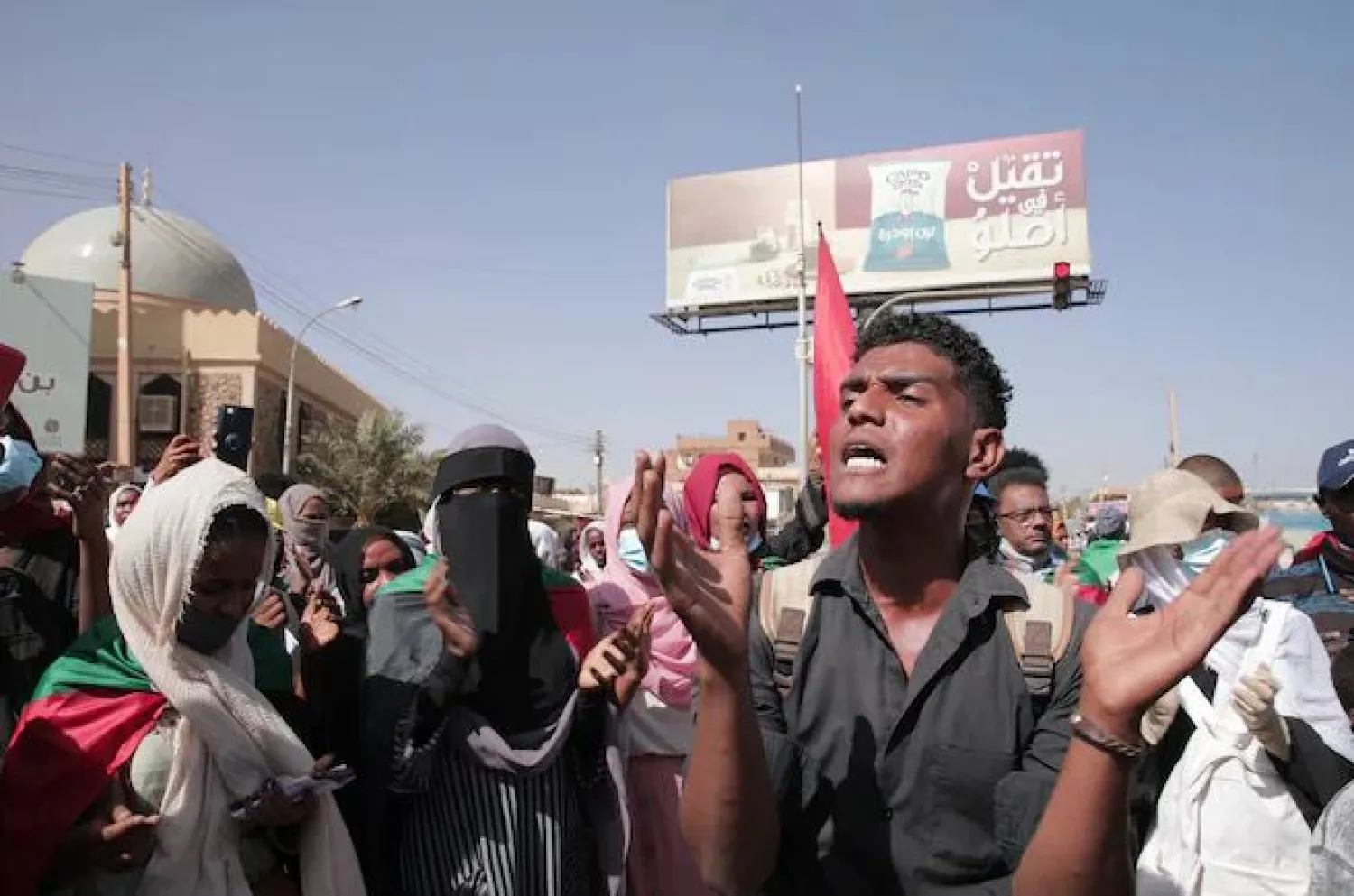Security forces fired tear gas Monday to disperse protesters in Sudan’s capital in the latest street demonstrations against the October military coup and subsequent deal that reinstated deposed Prime Minister Abdalla Hamdok.
Thousands of people took to the streets in Khartoum and other Sudanese cities as part of relentless demonstrations that have engulfed the country since the military seized power on Oct. 25.
The coup upended a fragile planned transition to democratic rule more than two years after a popular uprising forced the removal of longtime autocrat Omar al-Bashir and his Islamist government in April 2019.
Hamdok was reinstated last month amid international pressure in a deal that calls for an independent technocratic Cabinet under military oversight led by him. The agreement included the release of government officials and politicians detained since the coup.
The Nov. 21 deal, however, was rejected by the pro-democracy movement, which insists power be handed over to a civilian government to lead the transition. Their protests follow the slogan: “No negotiations, no compromise, no power-sharing” with the military, AFP reported.
Footage circulated on social media Monday purportedly showed demonstrators marching in different locations in Khartoum and its sister city Omdurman. One video showed thousands of protesters in Khartoum’s district of Bahri, many of them waving Sudanese flags.
Activist Nazim Sirag said security forces used tear gas to disperse people marching in a street near the presidential palace in Khartoum. Protesters were seen in online videos throwing tear gas canisters back at forces.
The US Embassy in Khartoum said in a tweet: “We stand with the Sudanese people as they seek freedom, peace, and justice in today’s demonstrations, and welcome their government’s commitment to protection of peaceful protesters.”
Monday’s protests were called by the Sudanese Professionals Association and the so-called Resistance Committees, which spearheaded the uprising against al-Bashir and then the military coup. The protests came a few days ahead of the third anniversary of the start of the uprising against al-Bashir.
In past rounds of demonstrations security forces used violence, including firing live ammunition at protesters, according to activists. At least 44 people were killed and hundreds wounded in protests triggered by the coup.
The protests have increased pressure on the military and Hamdok, who has yet to announce his Cabinet. The prime minister on Sunday appointed new acting governors of the country’s provinces to replace those named by coup leader Gen. Abdel-Fattah Burhan, head of the ruling Sovereign Council, after the coup.









